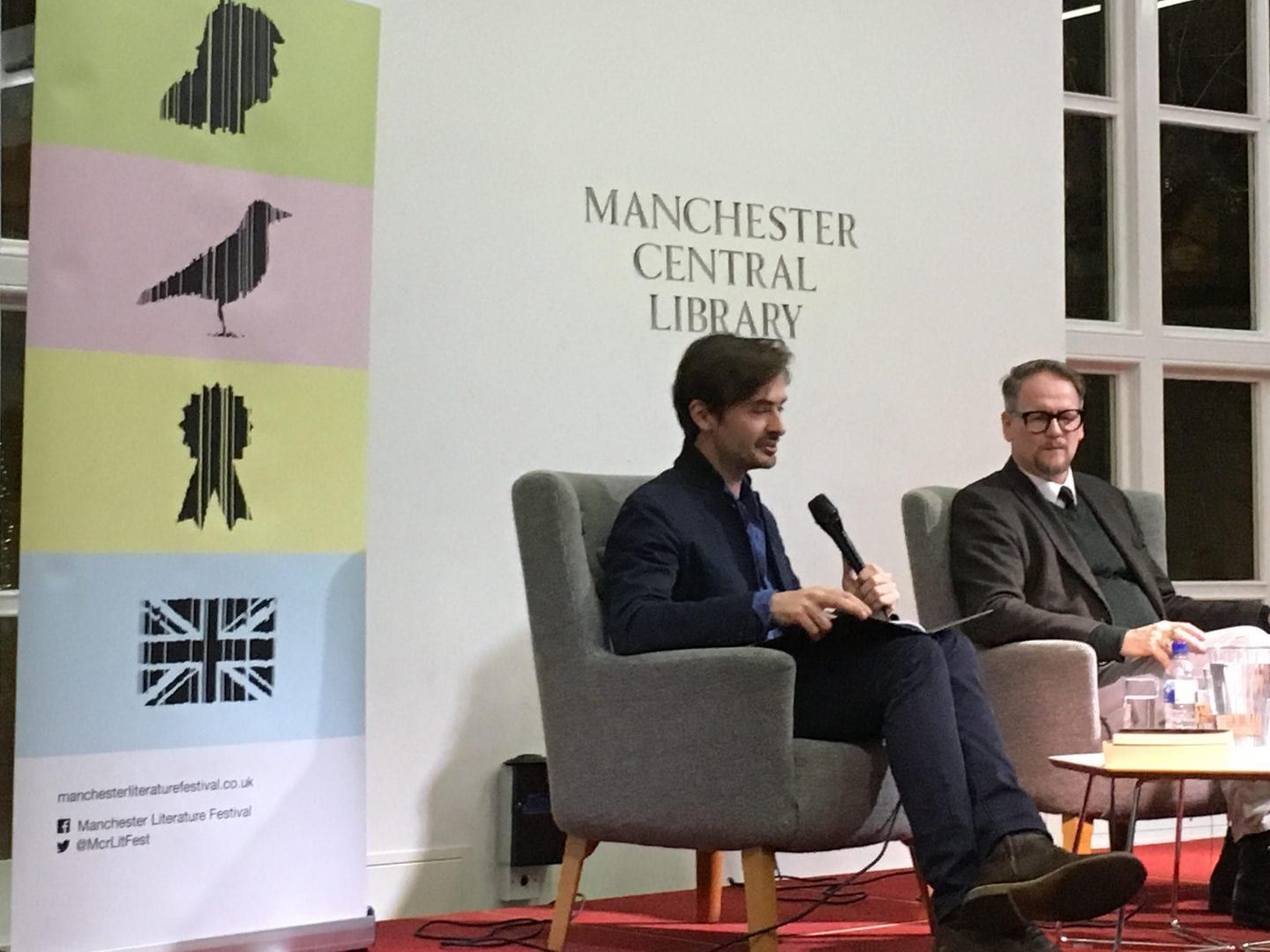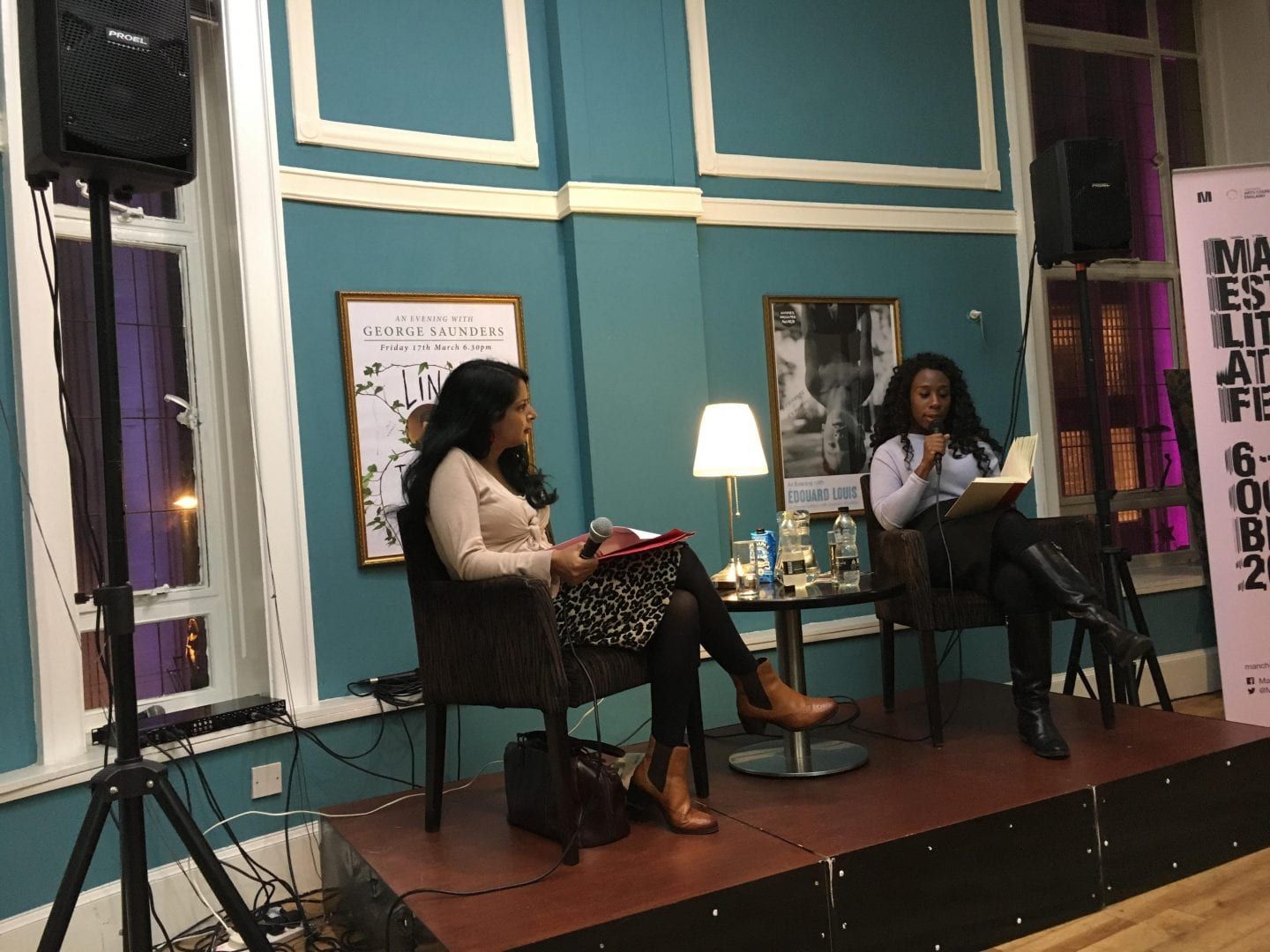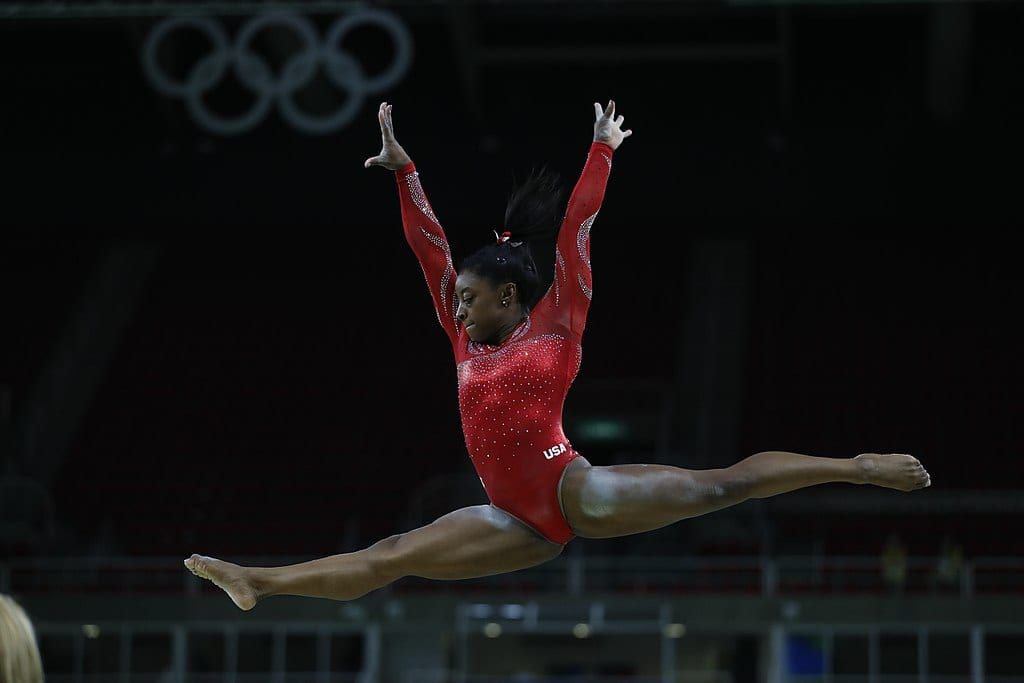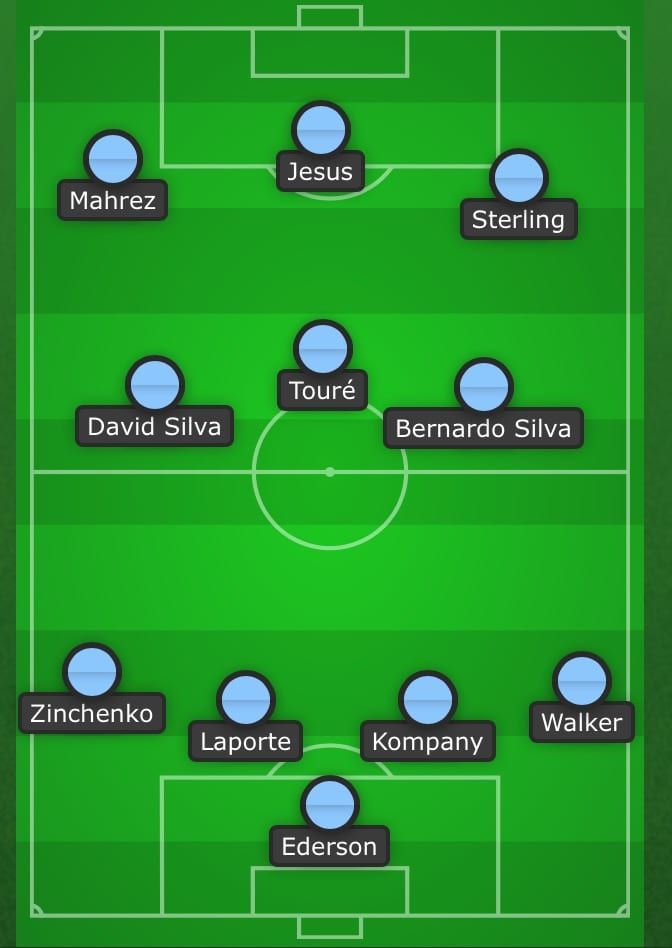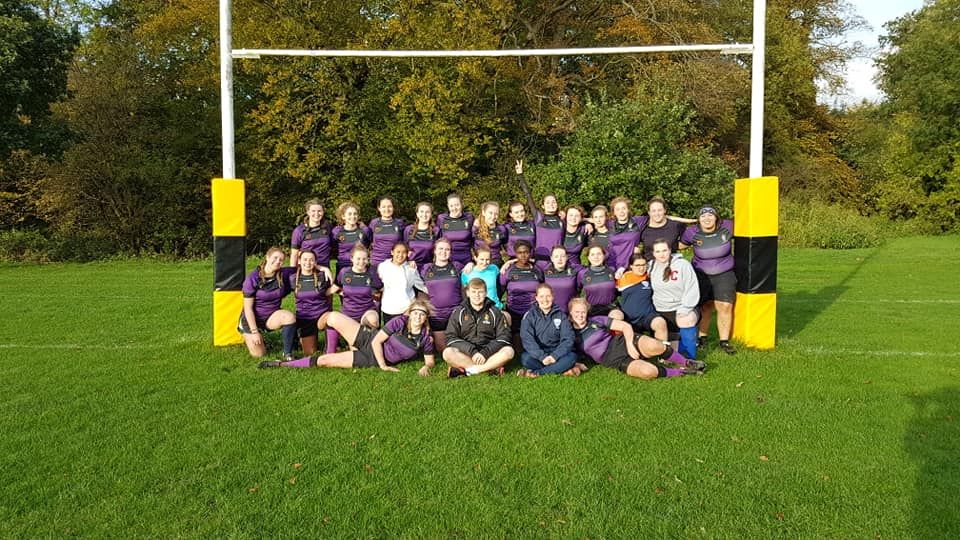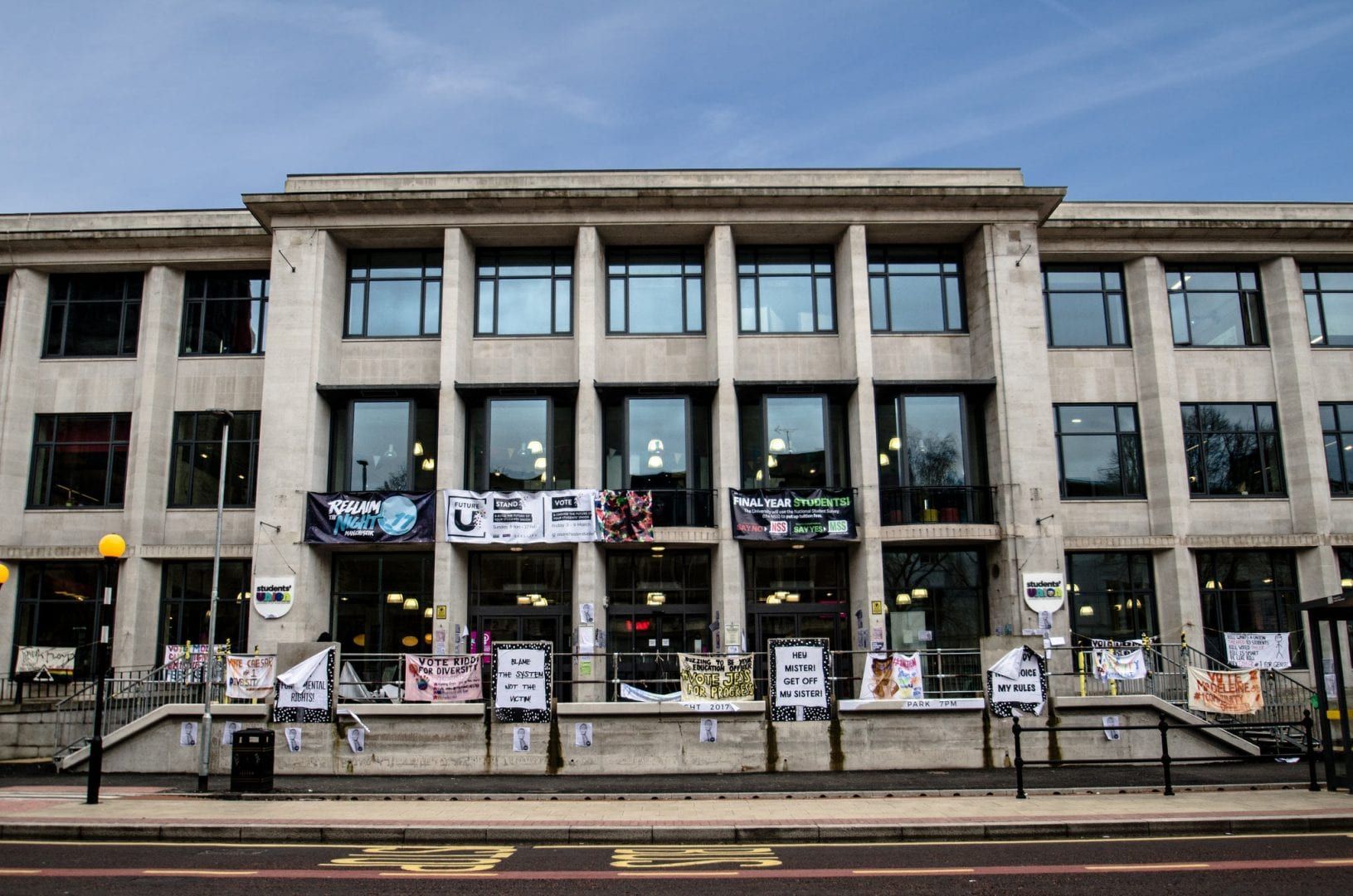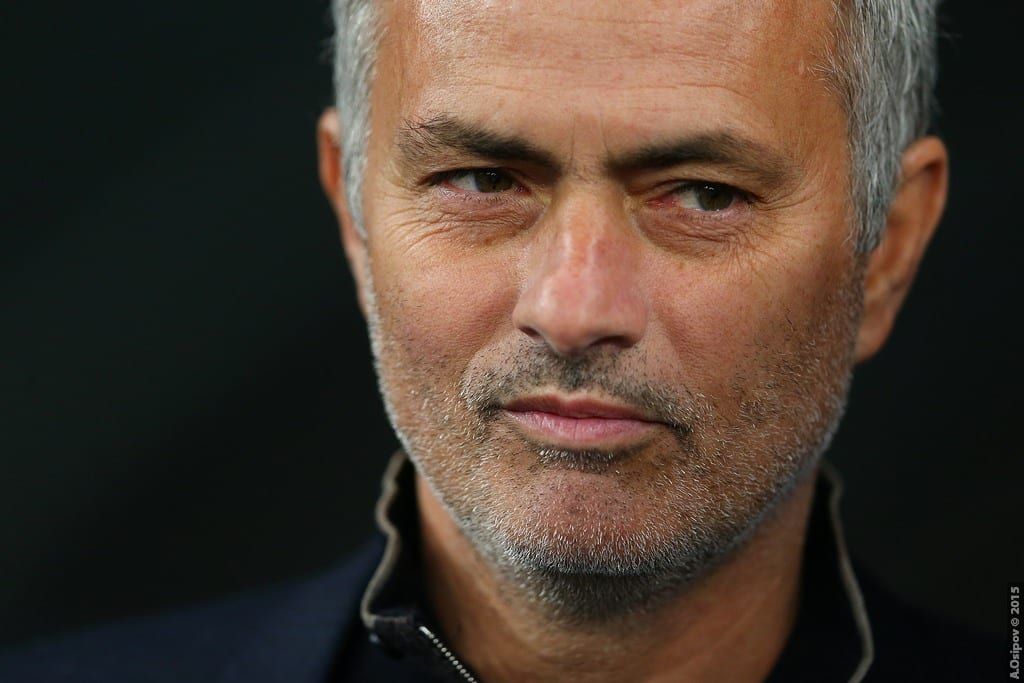Review: ‘Codex 1962’ by Sjón
Writing a short bio of Icelandic novelist/poet/songwriter/librettist Sjón is easier said than done. We can say he’s won pretty much every Icelandic literary prize there is, that he’s been nominated for an Oscar or that he’s worked extensively with Bjork. But I think his books are the best way to characterise him: imaginative, experimental, and funny.
He was at the Manchester Literature Festival to promote his latest book translated into English, Codex 1962. I say book, but it’s a trilogy spanning twenty years of Sjón’s extensive career. It’s a “kaleidoscope of forms and styles”, an equally grotesque and beautiful meditation on migration and, as host Ted Hodgekinson said, a kind of “Icelandic Arabian Nights”.
Sjón began the discussion by detailing his “background in bad art”. He was raised on cheap boy detective novels and Enid Blyton (who is apparently huge in Iceland). As a boy, he fell in love with Icelandic folk tales and the way that they invented the fantastic in matter of fact tones. He even treated us to a retelling of an old Icelandic folk tale, The Furry Trout — trust me, google it.
Inspired by the folkloric tradition, Sjón pushes his writing into the “fantastic, the esoteric, the dark”. Talking about his previous novels, The Blue Fox and From the Mouth of the Whale, he said that he always wanted to write “stories where strange things are real.”
Codex 1962 certainly is a “strange” novel. It reads at the intersection of classic central European literature, Jewish myths, and Icelandic folk lore. Sjón talked about how there are parallels in all stories from all cultures, a transnational “network of stories”. Split into three parts, “A Love Story”, “A Crime Story”, and “A Sci-fi Story”, and translated by Victoria Cribb, Codex 1962 is a blend of genres, far reaching in time and scope.
While the trilogy began two decades ago, it is as timely as ever. In it, Sjón interrogates the idea of migration, of seeking refuge. He asks how open Iceland is to outsiders. To him, “all stories about islands are about people arriving, people escaping.” And he said that all his books are in some way about Iceland’s relationship with the wider world.
Sjón discussed Icelandic literature and how The Sagas make it unique amongst other nordic writing. The Sagas have shaped Iceland’s literary output for hundreds of years and their success as well as the ubiquity of folk lore tales have made literature a crucial part of Icelandic culture. To Sjón, “literature is part of building a society” and he believes that stories can “make society better.”
Sjón acknowledged that “all [his] books are about eccentrics and outsiders”, but there is a universality in his writing that has gained him a wide following across the world — his books have been translated into 35 languages. The eccentricity of his novels is balanced by their contemplative meditations on mortality.
In Codex 1962, Sjón creates a catalogue of every single person in Iceland that was born in 1962 and has since died. Even for a country as small as Iceland this is an impressive and singular feat. This thread of mortality runs throughout the three parts of the epic book, tying together disparate lives and linking far-fetched and far-stretched stories.
Sjón ended the event detailing how he was on a flight, part way through writing the book, when one of the engines exploded mid-air and the plane had to make an emergency landing in Manchester. He could have died. When he landed he made sure to go home and finish the novel; there was an added layer of intensity when he carried on to write the catalogue of the dead, as he could have been added to it.
While in a way I’m glad it led him to finish this epic novel, which I’m sure some will consider his magnum opus, I hope he’s found something a little less dramatic to get him finishing his next book. He ended the event by saying “the world of stories is one — once you start a story, you will end in another place.” This, to me, is a perfect summation of how Sjón’s transformative and transportive prose works, he writes singular stories with international range.
